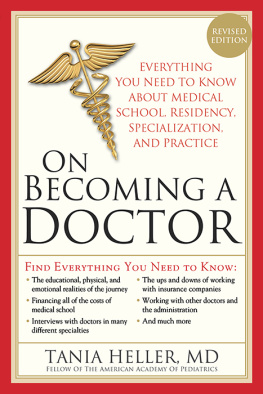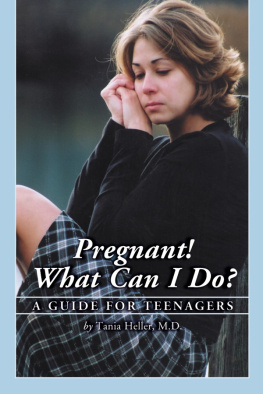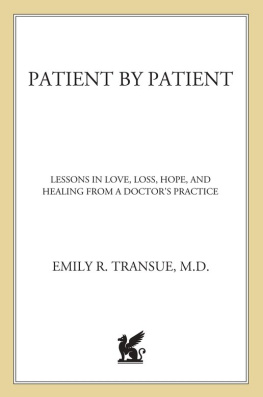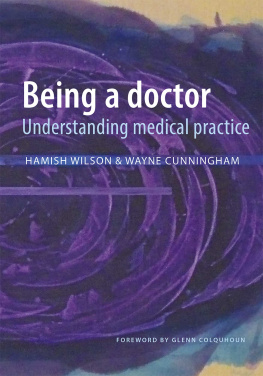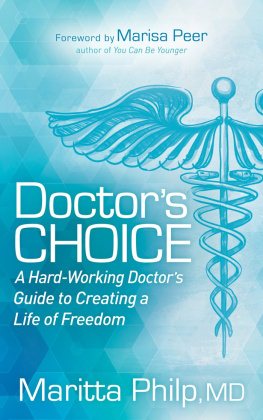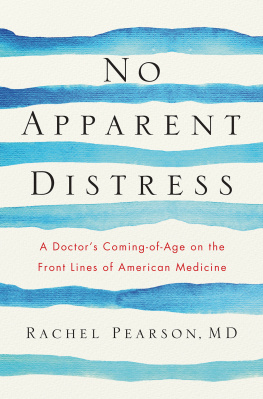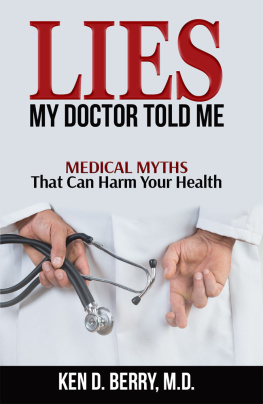Tania Heller - On Becoming a Doctor: The Truth about Medical School, Residency, and Beyond
Here you can read online Tania Heller - On Becoming a Doctor: The Truth about Medical School, Residency, and Beyond full text of the book (entire story) in english for free. Download pdf and epub, get meaning, cover and reviews about this ebook. year: 2009, publisher: Sourcebooks, genre: Religion. Description of the work, (preface) as well as reviews are available. Best literature library LitArk.com created for fans of good reading and offers a wide selection of genres:
Romance novel
Science fiction
Adventure
Detective
Science
History
Home and family
Prose
Art
Politics
Computer
Non-fiction
Religion
Business
Children
Humor
Choose a favorite category and find really read worthwhile books. Enjoy immersion in the world of imagination, feel the emotions of the characters or learn something new for yourself, make an fascinating discovery.
- Book:On Becoming a Doctor: The Truth about Medical School, Residency, and Beyond
- Author:
- Publisher:Sourcebooks
- Genre:
- Year:2009
- Rating:4 / 5
- Favourites:Add to favourites
- Your mark:
On Becoming a Doctor: The Truth about Medical School, Residency, and Beyond: summary, description and annotation
We offer to read an annotation, description, summary or preface (depends on what the author of the book "On Becoming a Doctor: The Truth about Medical School, Residency, and Beyond" wrote himself). If you haven't found the necessary information about the book — write in the comments, we will try to find it.
Revised and updated for 2018!
A broad overview for anyone considering a career in medicine, On Becoming a Doctor brings you the experiences of real doctors in a variety of fields to teach you what to expect in medical school and beyond.
Becoming a doctor is so much more than MCAT prep, living through med school, then getting the perfect residency. Medical students also need to prepare for a career that demands long hours on little to no sleep, constant continuing education, and a tough decision about which of the many types of medicine to practice. But with the right guide, you can make informed choices each step of the way.
This Essential Insider Advice Reveals:On Becoming a Doctor gives you the opportunity to shadow a variety of professionals and gain insight into the joys and challenges of their careers in medicine.
A perfect graduation gift for any aspiring medical professional!
Tania Heller: author's other books
Who wrote On Becoming a Doctor: The Truth about Medical School, Residency, and Beyond? Find out the surname, the name of the author of the book and a list of all author's works by series.

